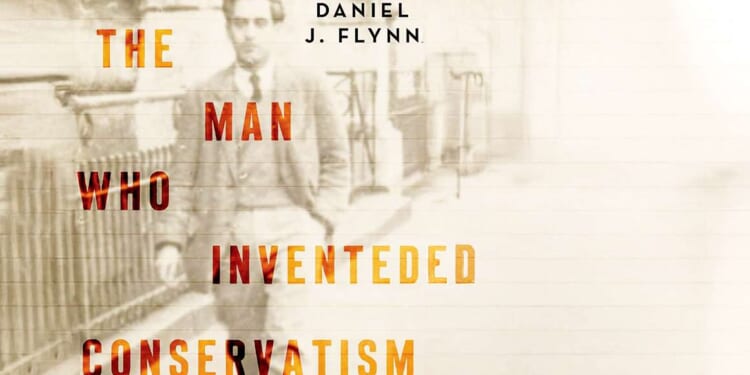With The Man Who Invented Conservatism: The Unlikely Life of Frank S. Meyer, Daniel J. Flynn has produced a biography valuable to both political novices and serious students of the conservative movement.
Laymen will gain from the introduction to Meyer, a once influential but now largely forgotten mid–20th century editor at National Review, and to the “fusionist” philosophy he articulated in his columns and passed on to countless young people who later became leaders of the American right. That philosophy, which combines classical liberalism with traditional religion, is all but synonymous with conservatism as the word (at least until recently) was understood in the United States. “Millions of Americans adopted it as their political creed,” Flynn writes, “knowing neither the name Frank Meyer nor the word fusionism.”
But even readers who are already steeped in conservative intellectual history will learn much from Flynn’s book, which offers the first detailed portrait of Meyer’s colorful early life as a playboy and Communist Party operative before his defection from the left. These insights are drawn from Meyer’s papers (everything from telephone bills and birth certificates to correspondence with Barry Goldwater and Rose Wilder Lane) that Flynn heroically unearthed.
The couple who purchased Meyer’s farmhouse after his death believed they had long ago sent his papers to the Hoover Institution archives. Flynn, realizing they must be mistaken, dug through more than 600 boxes of their belongings to find the 15 that were relevant to his task. The contents of those boxes, which had for decades sat moldering in an Altoona, Pennsylvania, warehouse, told the story of how Meyer went “from communist to conservative, peace activist to soldier, Jew to Catholic…and free-love enthusiast to family man,” helping to form many of America’s most influential conservative institutions along the way.

















